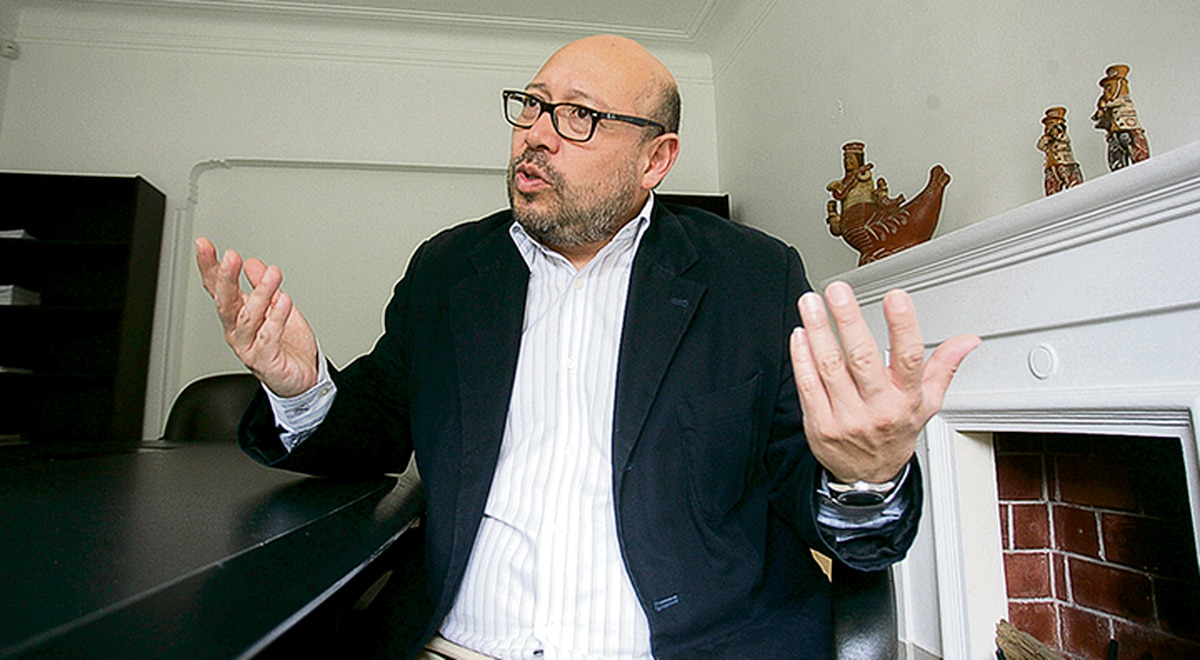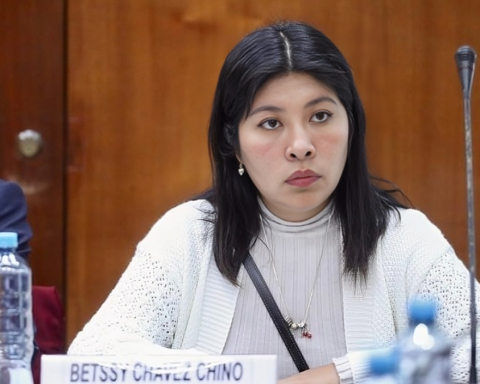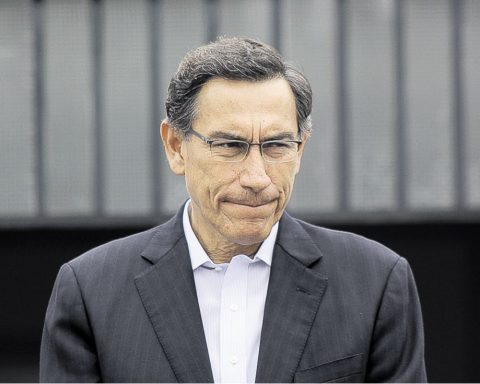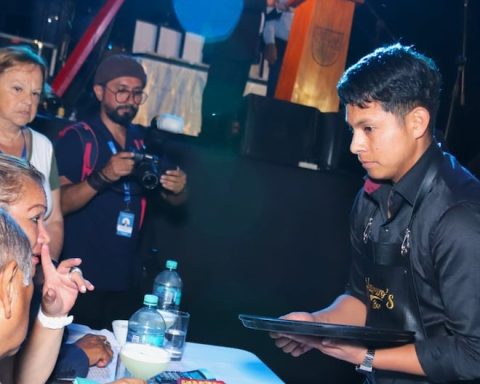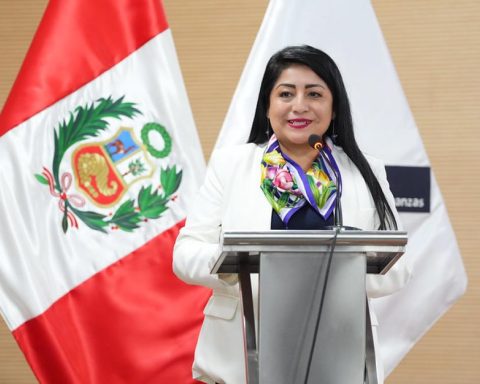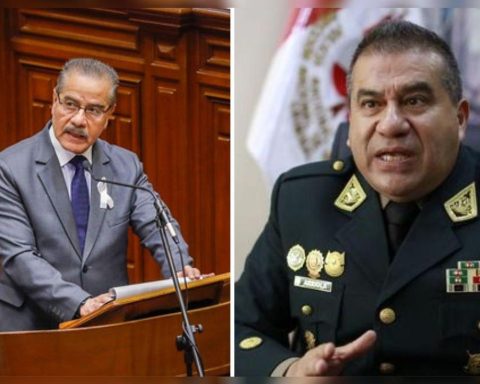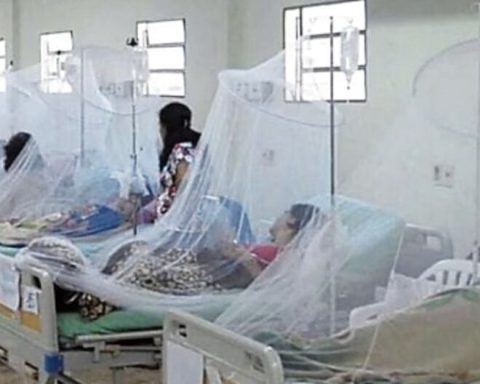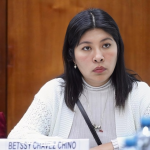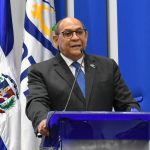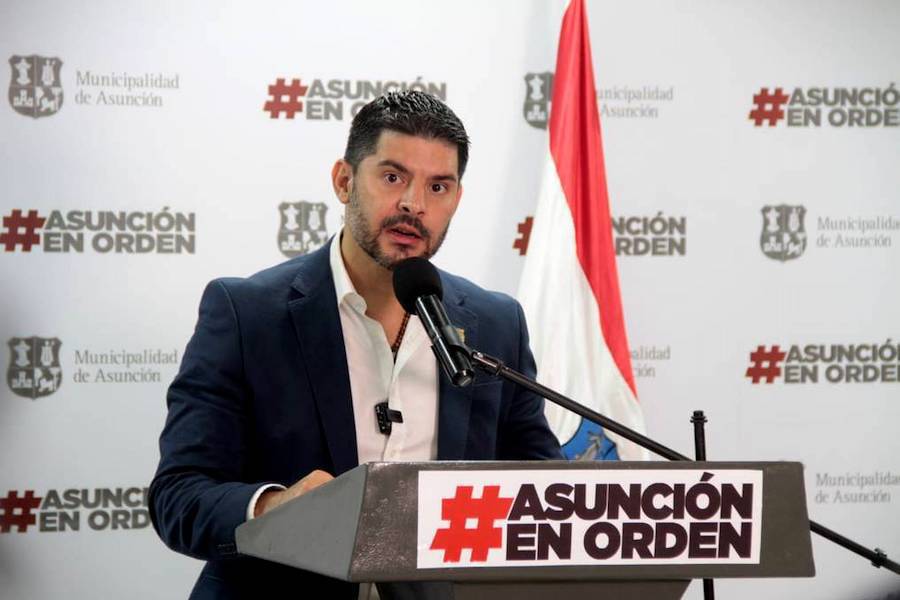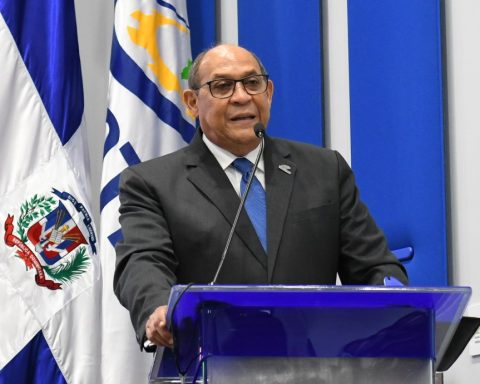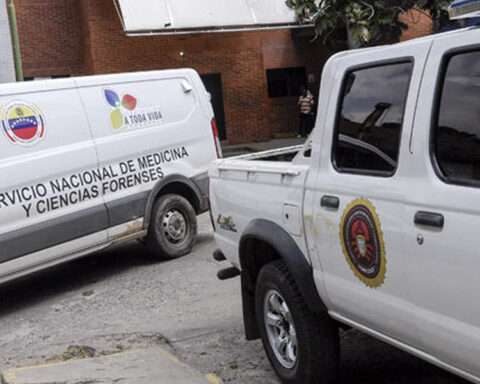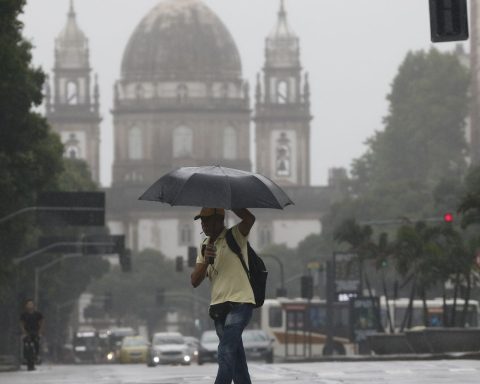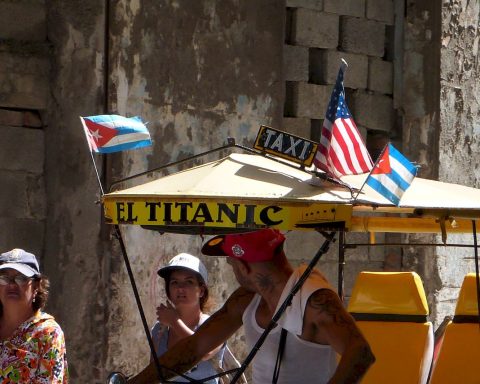In this interview, the head of the Mission for Peru of Idea International, Percy Medina, explains what reforms are essential. For Medina, it would be inconsistent for the Congress does not respect the stages of the electoral schedule having approved that the elections be in April 2024 with the argument of respecting the deadlines.
— For a sector of the population, bicamerality and re-election mean “that they all leave, but that a group of them return.”
— In Peru, the re-election of congressmen It has never been a problem, to the extent that there was not a high number of re-elected parliamentarians. In the last elections, the percentage of re-elected parliamentarians has been less than 20%. Peru is not a country where the re-election rate makes it difficult to renew representation. Secondly, prohibiting re-election does not improve the quality of representation because it is linked to the trajectory of political parties and of the people. A bad parliamentarian is bad in one or two terms.
— But this issue was submitted to a referendum in 2018 and was rejected. Why should it have to be debated again?
– Indeed. That is a problem. Ideally this should be approved by referendum, but that question in the previous referendum, driven by the popularity of President Martín Vizcarra, led the public into a mistake. Now of course people would find it unacceptable that the main reform or the only reform is to eliminate non-reelection of congressmen. That has to be accompanied by other reforms.
— As which?
– The bicamerality and re-election can go together. But we must have a better balance between the Executive and the Legislative, better regulating the use of vacancy due to moral incapacitytrust issues, the dissolution of the Congress and expanding the grounds to accuse the president during his term. It’s a whole package that has to do with balance.
— On Friday the 23rd, when the debate on the reforms began in the Constitution Commission, it was mentioned that one of the priorities was to eliminate the investiture vote and the dissolution of Congress, but regulating the vacancy due to permanent moral incapacity was not addressed.
— Definitely, it would be necessary to guarantee that the balances between the Executive and Legislative branches are maintained, an imbalance cannot be created.
— In the case of accusing the president during his term, why is it necessary to expand the grounds? Some point out that this will affect governance.
— The 1993 Constitution sought to protect the president during his tenure from any political interference. That protection, to the extent that institutions are stronger and more transparentis less necessary.
— We have talked about political reforms. But in the case of reforms that are going to be applied in the eventual general elections of 2024, what is the essential reform?
— It is essential to modify the legislation on political parties: 1) To allow new groups to enter the game and for the next groups to not find only those that maintain their registration. Some organizations have not been able to register for bureaucratic reasons. 2) It would be necessary to review which organizations have not been able to register because the requirements are too formal.
— Before the last elections, Congress modified the electoral legislation so that candidates join a party at the last minute and apply with a party with which they have not even been a member for a year. How to fix that?
— What the law was looking for is for the parties to nominate their affiliates, but in practice what happens is that the parties have affiliated their potential candidates. The only thing that has been done by the term is that these pass cards are signed in advance. Before, candidates were recruited days or weeks before, but now they are done at the closing of the affiliate registration limit. If one checks, the candidates in previous processes have registered on the same day the term ended.
— An example of that is Pedro Castillo. He joined Peru Libre to be a presidential candidate, but after a year he disaffiliated.
— One important thing to say is that political reforms are important and to make things work better, but they are not a magic wand. One can make reforms, but if reality does not change, political actors will look for a way to get around it.
— Are primary, open, simultaneous and mandatory elections also essential?
— They are used in Argentina and Uruguay. In Uruguay it works very well. In Argentina they have been useful. The Congress he opted for the longest term with the intention of approving reforms and allowing the full electoral schedule to be applied. That schedule includes the primaries which are in the law. The coherent thing would be to do both things: the reforms and the complete schedule.
— There is a proposal, presented by Edward Málaga, so that more than two candidates go to the second round. This initiative was also announced at the time by the Citizen Coalition.
– It’s the same. Malaga has taken it from there.
— Will having more than two candidates in the second round improve the electoral process?
– Not that it would improve. This proposal is based on the fact that with the current rules, two candidates with 12% or 10% can reach the second round.. That proposal has other difficulties. How to make a second round of four candidates? The primaries establish that the parties that do not lead a certain number of voters to vote, then, cannot participate in the election. That reduces the number of participants in the first round. If you have a first round with 18 candidates, it is a risk.
